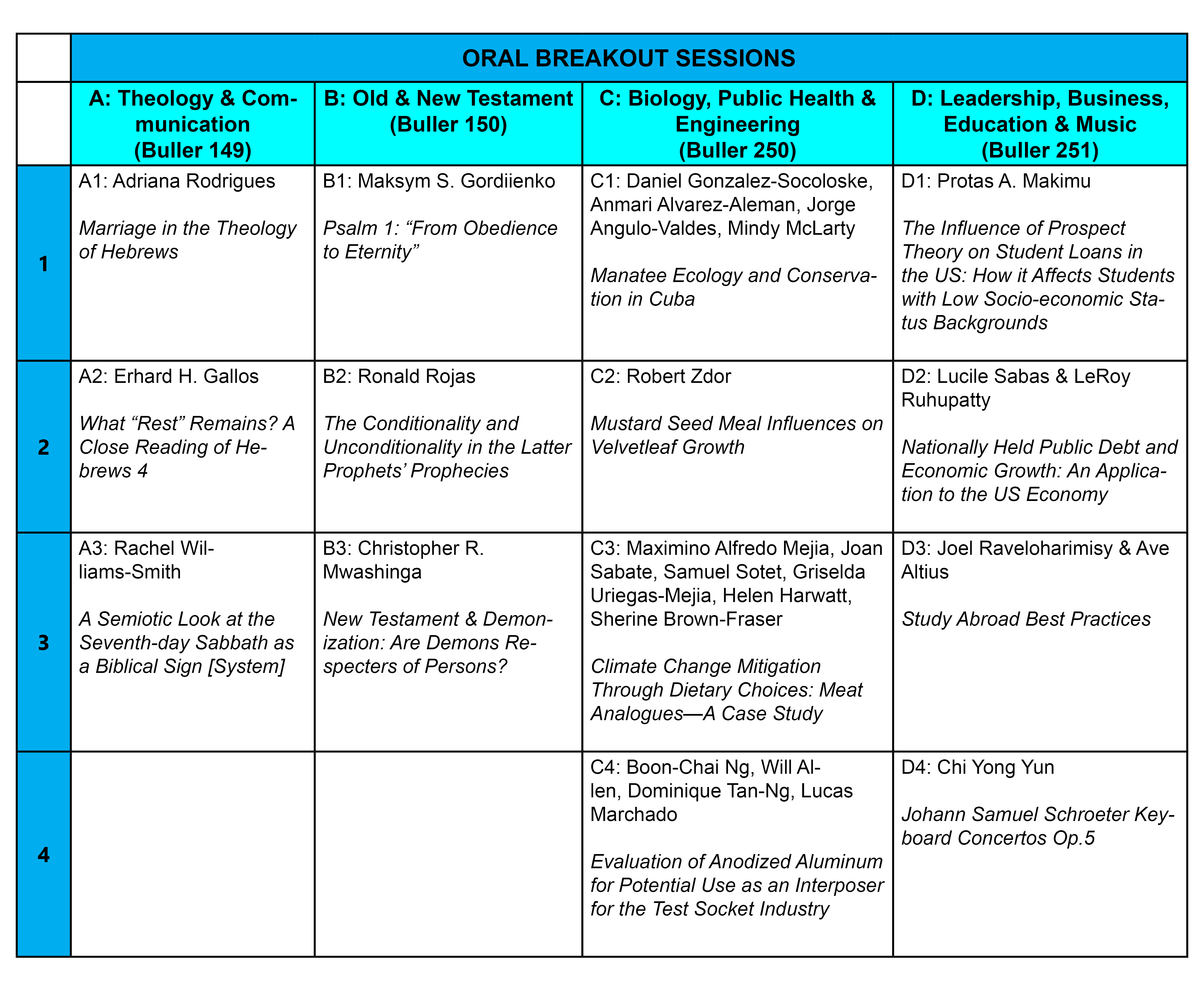
Oral Breakout Sessions
D-3 Study Abroad Best Practices
Presenter Status
Professor, Community and International Development (Behavioral Sciences)
Second Presenter Status
Graduate Student, Community and International Development (Behavioral Sciences)
Preferred Session
Oral Session
Start Date
30-10-2015 3:30 PM
End Date
30-10-2015 3:45 PM
Presentation Abstract
Short-term study abroad programs are becoming increasingly popular among colleges in the U.S. Research into the subject has tended to focus on programs in developed countries, especially Europe. This article is an exposition of best practices and guidelines for short term study abroad programs in the context of the developing world. The research is based on first-hand experience of the author in administering a program to the island of Madagascar for four weeks each year from 2011 to 2015, and student experiences on these tours through their daily reports. The article discusses the challenges encountered on the Madagascar study tour and avenues to circumvent these challenges. There is also a discussion on the benefits of the tour to students who participate. Finally, the paper tackles an area that is largely unexplored in the current literature - the effect that study tours have on the local communities in which they are held. The paper was produced with the expectation that administrators of study tours would have a reference point for what is required to administer a tour, good practices that enhance student’s educational and cultural experiences, and knowledge of the effects that their presence has on the local community.
D-3 Study Abroad Best Practices
Short-term study abroad programs are becoming increasingly popular among colleges in the U.S. Research into the subject has tended to focus on programs in developed countries, especially Europe. This article is an exposition of best practices and guidelines for short term study abroad programs in the context of the developing world. The research is based on first-hand experience of the author in administering a program to the island of Madagascar for four weeks each year from 2011 to 2015, and student experiences on these tours through their daily reports. The article discusses the challenges encountered on the Madagascar study tour and avenues to circumvent these challenges. There is also a discussion on the benefits of the tour to students who participate. Finally, the paper tackles an area that is largely unexplored in the current literature - the effect that study tours have on the local communities in which they are held. The paper was produced with the expectation that administrators of study tours would have a reference point for what is required to administer a tour, good practices that enhance student’s educational and cultural experiences, and knowledge of the effects that their presence has on the local community.


